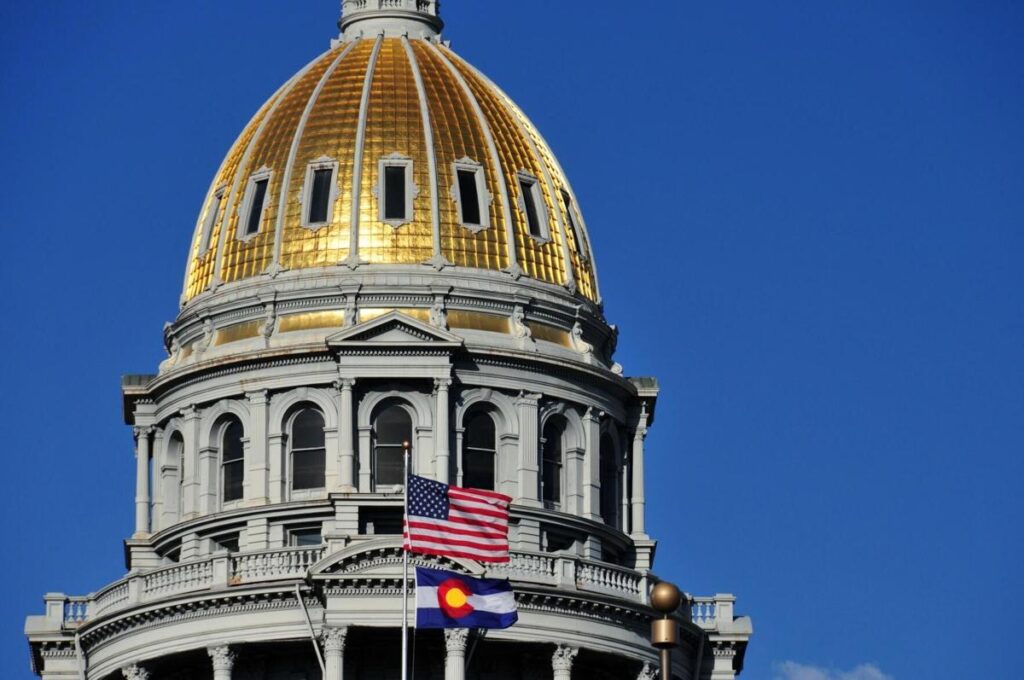Domenico: Iran deal’s defenders reveal weak view of U.S. leadership

The impending deal the Obama Administration has struck with Iran’s leadership says a lot about the direction our country’s leadership is pointing us, and none of it is good.
Iran is one of the world’s largest oil producers and is unlikely to be spending billions on nuclear reactors and facilities as a purely peaceful, green-energy project. So nobody even bothers to pretend to believe anymore that Iran’s nuclear program is anything but a weapons-of-mass-destruction program.

Dan Domenico
Preventing, or at least limiting, such proliferation of nuclear weapons has been a central feature of American policy since almost the moment World War II ended. In some ways, this is the epitome of the American Exceptionalism that some extoll and others decry: the United States and its allies largely decided which countries were deemed worthy of nuclear weapons and which were not.
The central features of the Obama administration’s deal are that Iran agrees to limit its nuclear program for the next 15 years in ways that slow its ability to make nuclear weapons. This is to be enforced by an inspection regime, which purports to allow U.N. inspectors to visit Iranian nuclear facilities. In exchange, the United States and the other nations involved would release billions of dollars (the number is hard to determine precisely, but it appears to be between $50 and $150 billion) that had previously been frozen and would lift economic sanctions that have been imposed on Iran by the United Nations.
There is much to criticize in the deal, to say the least. The second-ranking Democrat in the Senate says the inspections the deal imposes are weak and would allow Iran to “escape detection of any illicit” activity, the deal at best only puts off a weapon by 10 years, and that the country is better off without any deal than this one. The leader of America’s most steadfast ally in the region, if not the world, Israel, has called the deal a “historic mistake.” Sen. Cory Gardner pointed out that Iran has been ignoring international pressure for decades, yet the deal gives away the last “golden nugget” of leverage and hands over billions of dollars, some portion of which history shows will be funneled to terrorists. These criticisms are disturbing enough.
But it is taking the deal’s defenders at their word that reveals a fundamentally alarming view of the world and America’s place in it. Secretary of State John Kerry has said that the deal is necessary because, without it, the “multilateral sanctions regime will unravel,” and the United States has no real choice. Sen. Michael Bennet declares that the deal is “the best of bad options” we’re left with, because we cannot hold together an international coalition to negotiate a better one. The president himself has responded to critics by saying there are only two alternatives: this deal or war.
What all these defenses share is a vision in which the United States is weak, and getting weaker. The deal has been reached because our leaders have concluded that they can no longer lead the world toward fewer nuclear weapons — we cannot even hope to prevent the world’s most dangerous regime from obtaining them. We can merely buy a few years, at best. The United States must capitulate to a country with a GDP less than half that of the Netherlands and a population less than Ethiopia’s because we cannot convince the rest of the world that remaining in America’s diplomatic coalition is worth more than trading with the mullahs. We cannot stand up for our closest democratic allies against existential threats from a nation that Sen. Bennet himself says is engaged in “horrific acts of terror” and “hegemonic pursuits,” because our own leaders have concluded that the United States is no longer strong enough.
The critics of the deal are right to point out the many flaws in its assumptions and mechanics. It seems deeply unlikely to do even what the administration says it will do. But the arguments of the deal’s defenders need more attention as well. If they are wrong, then we’ve elected leaders who misunderstand their own country. And if they are right, then the time is clearly here to reinvigorate America’s exceptional place in the world. No matter who you believe, the administration’s agreement shows that the world desperately needs a strong, assertive, optimistic America.
In 10, or at most 15 years, the deal ensures that Iran will have a nuclear weapon. Let’s hope it is met by an America with the creativity, vision and confidence to keep it from being used.
Dan Domenico is the founding member of the law firm Kittredge LLC. For nine years, he was Solicitor General of Colorado, and before that he worked for members of all three branches of the federal government. He has been counsel multiple times in the U.S. and Colorado Supreme Courts, among others.














